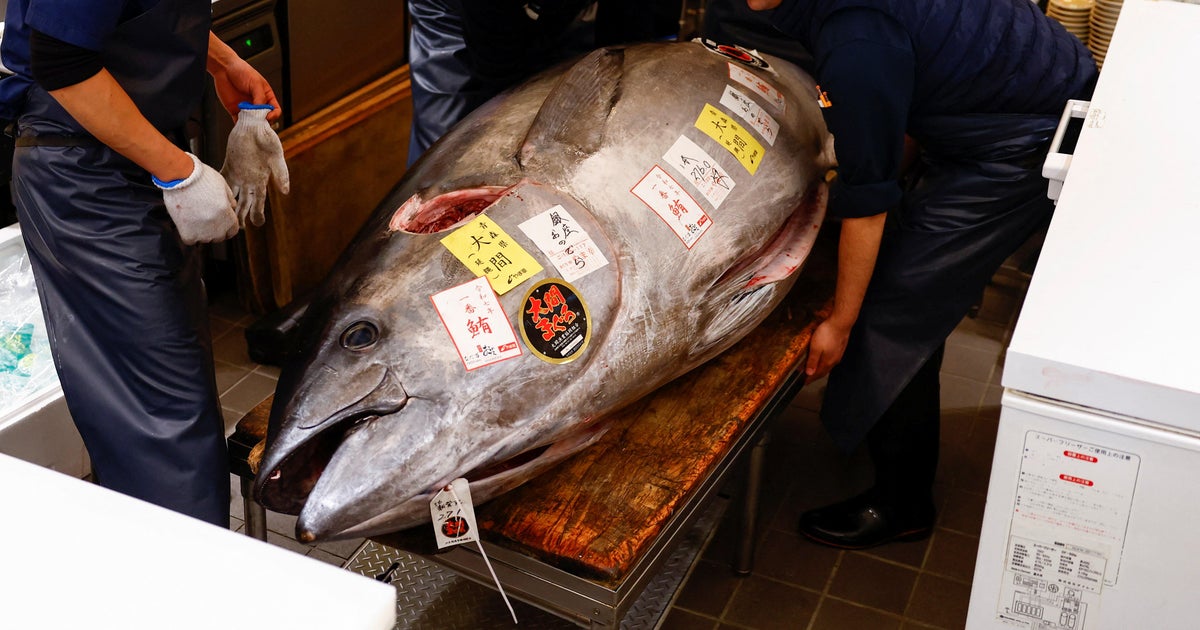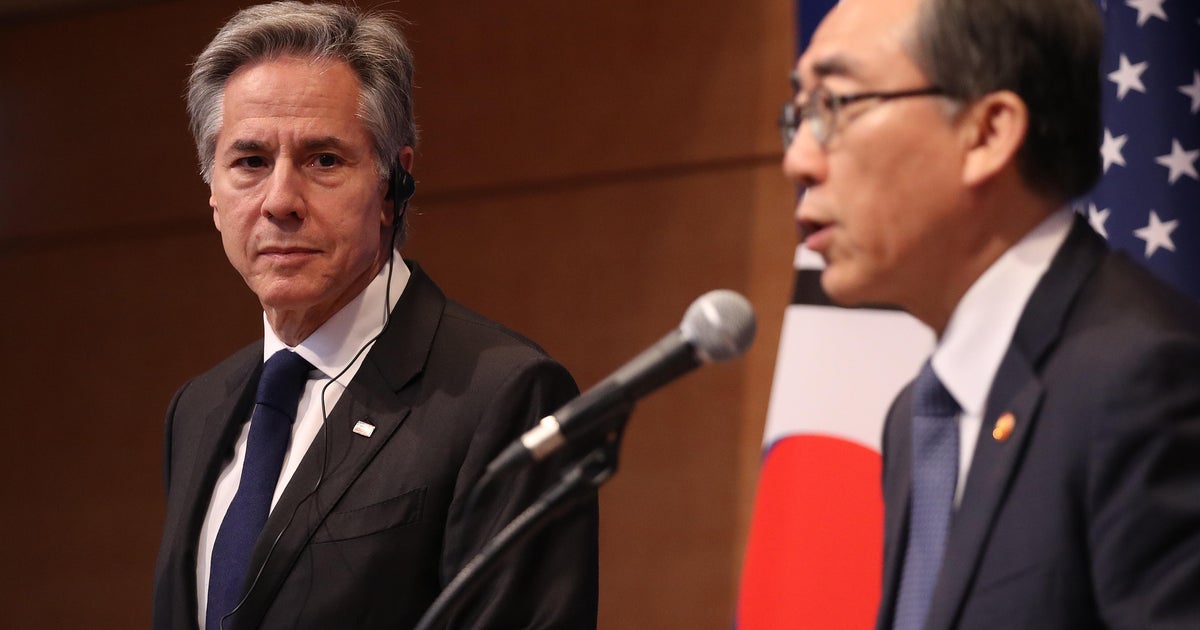Human Rights Watch director denied entry into Hong Kong, group claims
Human Rights Watch Executive Director Kenneth Roth on Sunday was denied entry into Hong Kong, the advocacy group said. Roth was planning to release the organization's World Report for 2020 in Hong Kong on January 15.
China defended the move, asserting that non-governmental organizations are responsible for political unrest in the city and should "pay the proper price," Agence France Presse reported.
"The focus of the report this year was going to be how the Chinese government is really trying to deliberately undermine the international human rights system," Roth said at the Hong Kong airport in a video posted to Twitter. "Not simply suppress the rights of people at home, but also undermine the ability of anybody else to try to hold China to human rights standards. When I arrived here, the Chinese government decided they didn't want to let me in. So, even though I've been able to enter Hong Kong freely before, this time — for the first time — they blocked me."
Roth said he will return to New York, where he will hold the press conference he was initially planning to hold in Hong Kong.
"I had hoped to spotlight Beijing's deepening assault on international efforts to uphold human rights," Roth said in a statement. "The refusal to let me enter Hong Kong vividly illustrates the problem."
The 2020 edition of the World Report will be the 30th installment for Human Rights Watch. The annual report "reviews human rights practices in nearly 100 countries," according to HRW.
In early December, the Chinese government announced it would sanction HRW, along with several other American organizations, including the National Democratic Institute and the International Republican Institute.
"China urges the United States to correct its mistakes and stop any words and deeds that interfere in Hong Kong and China's internal affairs," foreign ministry spokeswoman Hua Chunying said at the time, according to The Associated Press.
Protests began in Hong Kong in June 2019, initially in response to a bill that would have made it easier for the Chinese government to extradite people in Hong Kong to the mainland. The bill was eventually withdrawn, but the protests continued and evolved to incorporate broader stances against police brutality and in favor of more democratic rule.
The demonstrations often turn violent.



